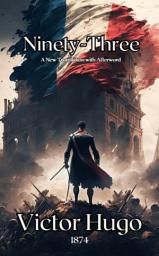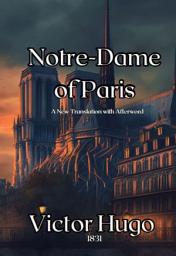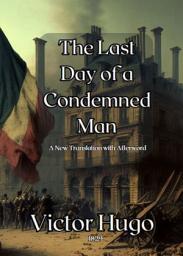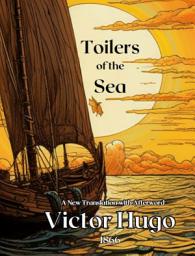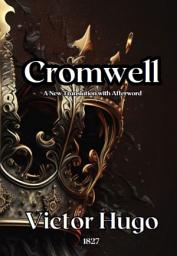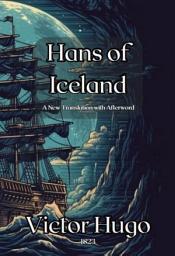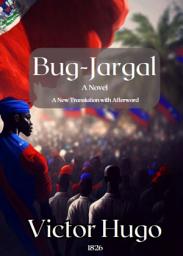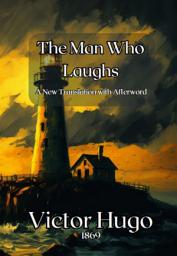The Collected Works of Victor Hugo
About this ebook series
Flames light the horizon; the year is 1793. In Ninety-Three, Victor Hugo’s last novel, the French Revolution’s most tumultuous year becomes an arena where human ideals clash with human imperfections. Published in 1874, when Hugo was in his seventies, this work stands as a grand and grave epilogue to his career – a novel of war and conscience that distills a lifetime of thought about revolution, heroism, and the price of fanatical righteousness.
As Victor Hugo’s valedictory novel, Ninety-Three holds a special place. It is at once a thrilling yarn of escape, siege, and battle, and a meditation on the revolution that forged modern France. In it, the grand homme of letters funneled his decades of insight into a story that is leaner but no less potent than his earlier works. To read Ninety-Three is to witness a literary giant grappling with the eternal question of how to reconcile liberty, equality, and fraternity when the cannon smoke rolls in. In the end, Hugo leaves us not with an easy answer but with an image – a young idealist sacrificing himself on the altar of principle, and an old zealot realizing too late that principle without pity can destroy even what it seeks to save. This powerful conclusion ensures that Ninety-Three, Hugo’s final gift to literature, remains both a stirring historical epic and a poignant warning that echoes across the ages.
Upon its publication, Quatrevingt-treize (as the title reads in French) was met with great interest and respect. Hugo had only recently returned to France after long years in exile; the Franco-Prussian War and the Paris Commune (both in the early 1870s) had convulsed the nation, and readers understood that Hugo was now looking further back in history to shed light on those contemporary scars. He chose 1793 – the year of the guillotine’s frenzy, of the Vendée uprising, of the Republic fighting for its life – as a mirror to examine the cycle of violence and idealism that France seemed destined to repeat. Critics noted Hugo’s even-handed approach: unlike earlier writers who vilified one side or the other, Hugo strove to portray both royalists and republicans with empathy and tragic nuance. Some observers in 1874 were surprised that the ardent republican Hugo could humanize a monarchist insurgent, but he did exactly that. The novel’s nuanced perspective earned it acclaim as a mature work of insight. Though Ninety-Three did not achieve the blockbuster popularity of Les Misérables, it was praised for its intense drama and its poetic gravitas, and it quickly found a place in the canon of French literature as the closing chapter of Hugo’s epic vision of humanity.
This critical reader's edition presents a modern translation of the original manuscript, crafted to help the armchair philosopher engage deeply with Hugo's works through clean, contemporary language and streamlined syntax that clarifies his expansive ideas. Additonal material enriches the text with autobiographical, historical, and linguistic context, including an afterword by the translator on Hugo’s history, impact, and intellectual legacy, an index of the themes and philosophical concepts he employs—emphasizing Romanticism, social justice, and moral idealism—a comprehensive chronological list of his published writings, and a detailed timeline of his life, highlighting the personal relationships (including his relationship with Dickens) and political commitments that shaped his vision.
